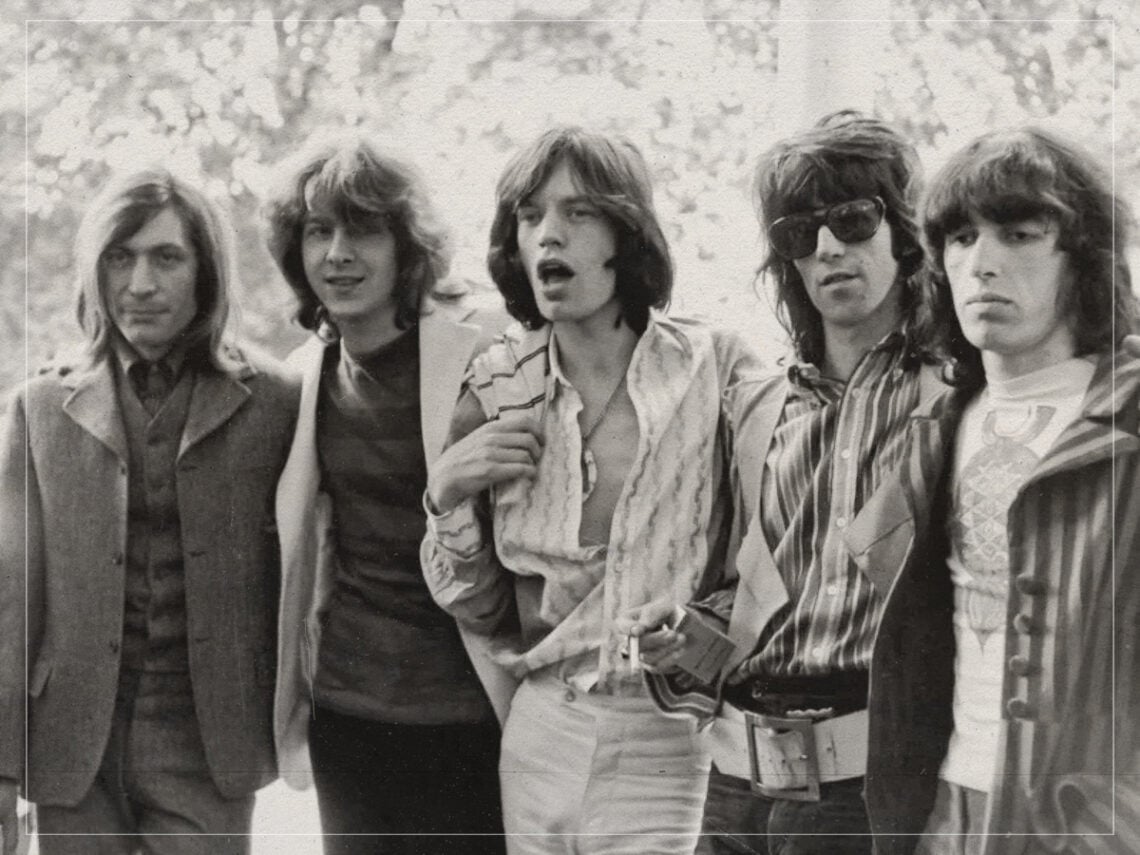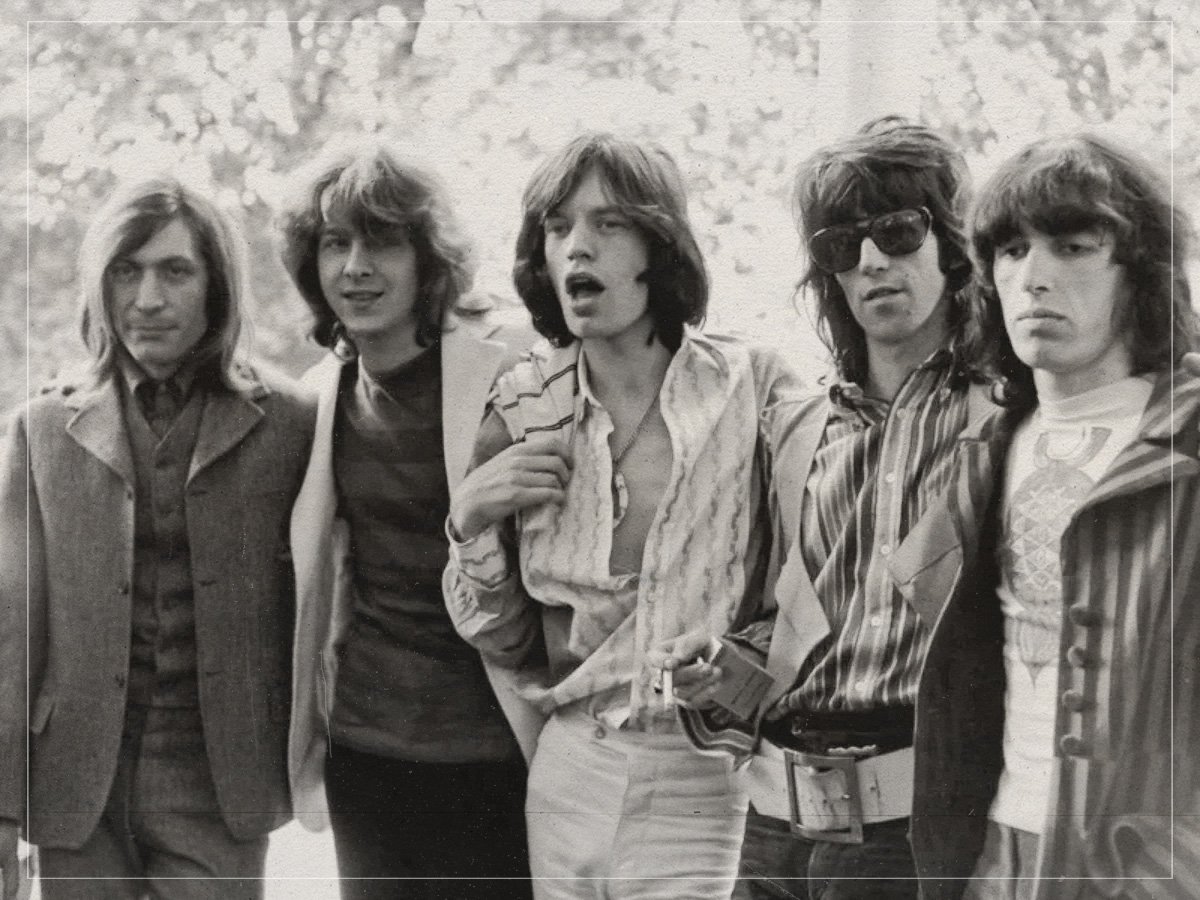
(Credits: Far Out / Alamy)
Tue 21 October 2025 3:00, UK
Profit margins, commercial success, and marketability are three things which are not included in the handbook of rock and roll rebellion, and yet the archetypes of that anarchic rock lifestyle, The Rolling Stones, managed to exert their power over all, inspiring a wealth of colossal hits and recording a plethora of rock’s most iconic tracks.
Rock and roll was built upon the foundations of rebellion, of course, but when the long-haired Mick Jagger strutted onto stages back in the mid-1960s, The Rolling Stones made the first wave of rock ‘n’ roll heroes look like Conservative MPs. For an entire generation of disenfranchised young people in a perpetually grey post-war Britain, the Stones offered an essential alternative of wild antics, fasting living, and self-determination. And, in every fibre of their beings, they lived up to those expectations.
In the midst of those infamously chaotic parties, seemingly endless touring schedules, and tabloid-coveted drug busts, though, The Rolling Stones also found the time to write some music. Blending their blues roots with the emerging worlds of American soul, R&B, and British beat rock, the Stones’ discography forged the soundtrack of the swinging sixties, and despite the various tabloid witchhunts surrounding the band along with various authority figures denouncing their attitudes (or, perhaps more accurately, because of those things), every scrap that the Stones released into the world seemed to dominate the pop charts.
Speaking to the unparalleled longevity of The Rolling Stones, the band’s very first entry into the UK singles chart came in 1963, with their version of Chuck Berry’s ‘Come On’ peaking at 21, while their most recent entry was 2023’s ‘Angry’; an impressive 60-year span of hits which includes 42 other singles that have come and gone from the Top 40 over the decades. With such an extensive and enduring discography, though, is it possible to pinpoint an exact ‘golden age’ for the legendary rock outfit?
Every Stones fan will undoubtedly have their own take on the band’s greatest period (although most sane listeners will surely recognise that their greatest work was all released between 1964 and 1972), such is the subjectivity of the art form. Who knows, there may even be some people who enjoyed their brief exploits in reggae on 1986’s Dirty Work. In a purely commercial sense, though, the band’s most successful year came back in 1965, when they truly hit their creative stride.
A year prior, in 1964, Mick Jagger and Keith Richards wrote their first song together, the band visited the United States for the very first time, and earned their first number-one in the form of ‘It’s All Over Now’ – in other words, it was a transformative year for the group, elevating them from London’s promising young blues outfit to a global rock phenomenon. That newfound reputation came to a head in 1965, ushered in by ‘The Last Time’, the group’s first self-penned number-one.
In the wake of that single came two more number-one singles in ‘Get Off My Cloud’ and the band’s ultimately defining track ‘(I Can’t Get No) Satisfaction’, meaning that 1965 accounted for three out of the band’s eight total number-ones, and that the Stones spent over 15% of 1965 at the top of the charts.
Over the years, The Rolling Stones would garner a few more number-ones and a variety of Top 40 hits, but they never managed to recapture the intense genius of that 1965 run, not only in terms of commercial success but also in terms of musical quality, too.
Related Topics

